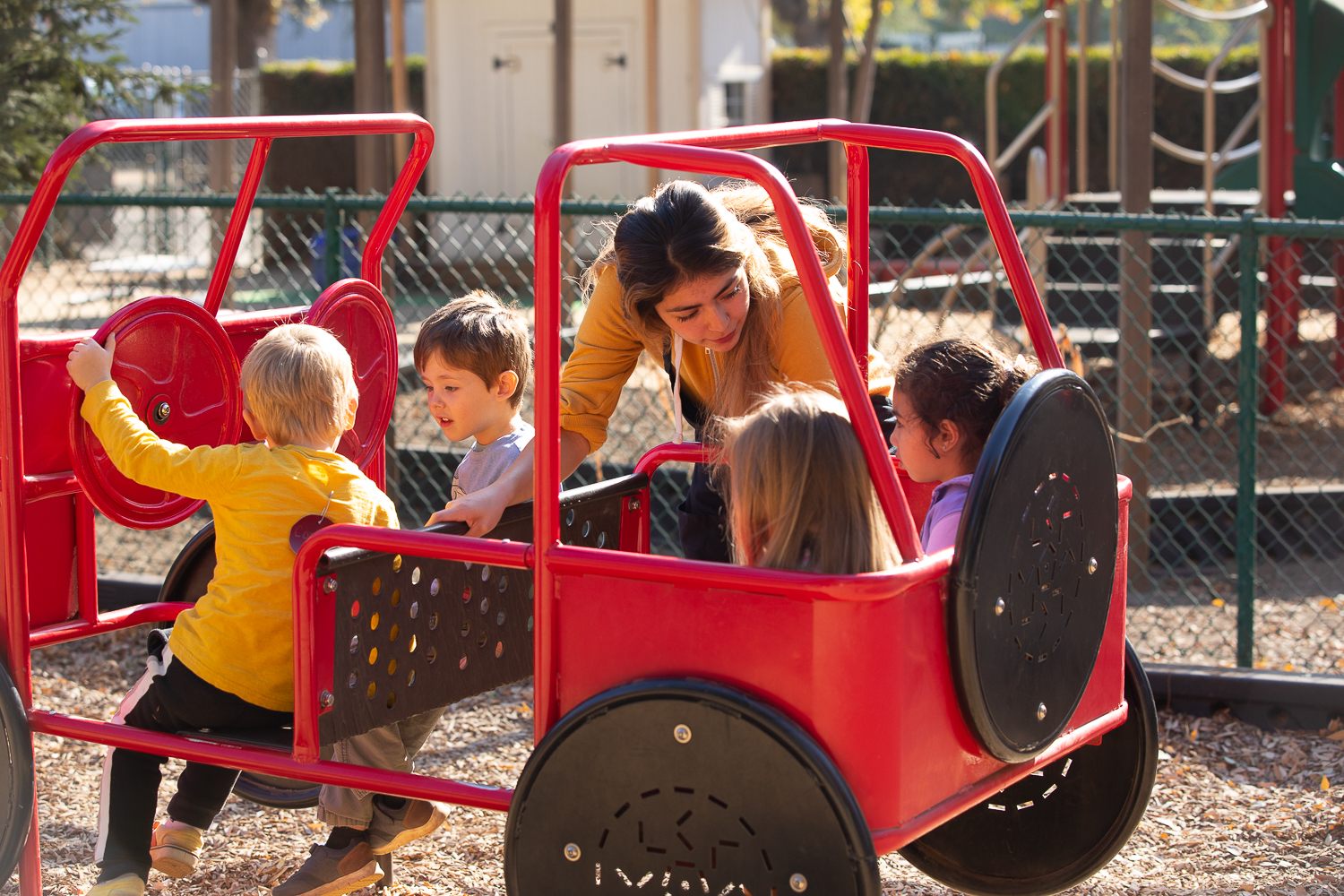 Training protocols developed by the University’s Office of Water Programs will help protect very young children, who are most susceptible to lead exposure. (Sacramento State/Andrea Price)
Training protocols developed by the University’s Office of Water Programs will help protect very young children, who are most susceptible to lead exposure. (Sacramento State/Andrea Price)
By Dixie Reid
Infants and preschoolers at certain licensed California child care centers will be protected from drinking lead-laced water, thanks in part to the efforts of Sacramento State’s Office of Water Programs (OWP).
A $5 million grant from the state Water Resources Control Board (SWRCB) will allow OWP to develop training protocols for testing the drinking water at approximately 1,500 licensed child care centers that serve very young children. Many are from low-income families and receive government-subsidized care.
Children are particularly susceptible to lead exposure. It can slow growth, impact brain development, and harm the nervous system. According to the SWRCB, lead exposure can make it difficult for children to learn, pay attention, and to succeed in school.
Infants are most at risk from lead exposure.
“More often than not, your faucet is the thing most likely to leach into drinking water,” said OWP research engineer Brian Currier, who is leading the office’s work on the project.
“That first glass of water in the morning will have much more lead in it than later in the day. This is because brass in some older faucets has enough lead to cause a high concentration in water that has been sitting in the fixture overnight.”
Senate Bill 862, in 2018, appropriated $5 million from the General Fund to the SWRCB to focus on child care centers that are not part of big chain operations. Those will be the focus of OWP’s protocols and later data analysis. The project also is supported by the California Rural Water Association (CRWA) and the California Child Care Resource and Referral Network.
Currier and his OWP colleagues will write sampling protocols and train technical professionals from CRWA, which will begin testing drinking water at child care centers this summer. Their work must be completed by Jan. 1, 2023.
Providing clean drinking water to Californians is an essential service, so sampling can proceed during state restrictions put in place during the COVID-19 pandemic, Currier said.
OWP is a center within Academic Affairs and is housed in Modoc Hall. It’s the world’s largest producer of home-study training materials for operators and managers of water- and wastewater-treatment and collection facilities.
OWP also works with economically disadvantaged communities throughout California to improve water quality. The child care centers project fits in nicely with that work.
“We rarely get to do this, but we’re also funding remediation,” Currier said. “Centers with a high concentration of lead are eligible to replace the fixture and submit the receipt to OWP. We will reimburse them for the cost of the fixture and for the plumber. It’s exciting, because this time we’re not just collecting data.”
